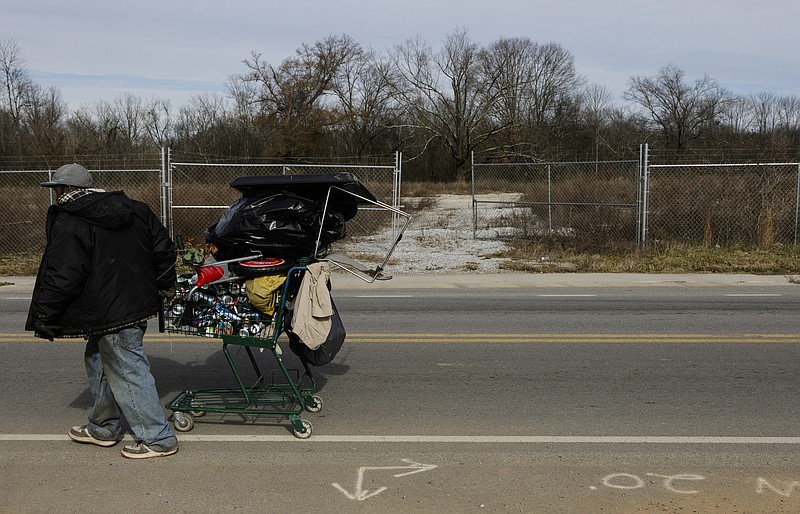Your neighborhood might make your sick, according to a study by Vanderbilt University School of Medicine researchers that was published this January.
The study looked at 27,078 Medicare and Medicaid beneficiaries without a prior history of heart failure but lived in impoverished neighborhoods in the Southeastern U.S. It found "scant neighborhood resources compound the risk of heart failure above and beyond individual socioeconomic status and traditional cardiovascular risk factors."
While previous studies have linked heart failure risk to socioeconomic characteristics, such as income and education level, the Vanderbilt study suggests living in deprived communities plays its own role.
Ken Thorpe, chairman of the Partnership to Fight Chronic Disease and public health professor at Emory University, said the research adds to a body of literature that shows physical environment and social circumstances can influence health.
"There are a number of things that really determine health care outcomes, and certainly health insurance is one of them and access to the health care system is one of them, but there's really a broader set of social determinants of health that probably are more important," Thorpe said.
Factors that contribute to a person's health, often called determinants of health, fall into four main categories: genetics, behaviors, access to health care and the conditions under which he or she lives - such as housing, work, community resources, race, economy, early life experiences, income and education.
"We're increasingly coming to discover that the social conditions that people live in impact their health, and it's both direct and indirect," said Dr. Randy Wykoff, dean of East Tennessee State University's College of Public Health.
Wykoff led a study last year analyzing poverty's impact on the nation's health by calculating differences in life expectancy, smoking rates, obesity and other health statistics compared to income in every U.S. county.
"If you compare the richest counties in America to the poorest, there's a 7-to-10-year life expectancy difference," Wykoff said. "But perhaps the most stunning thing is the realization that half the countries in the world have a longer life expectancy than people in America's poorest counties."
Thorpe believes studies like these point to the need to look outside the health care system in order to improve the health of our communities.
"We really have had a very narrow lens in terms of how we focus on quality of care and health care outcomes - health care is important, but we have to look much broader than that," he said, adding that investing in social services, education, parks and recreation is key.
While living with limited resources presents many challenges, Wykoff said even small steps, such as walking, limiting sugar and portion control can make a big difference.
"What we do know is that even in the face of poverty, people can live a healthier lifestyle, and what we would encourage people to do is to take individual steps," he said, "and all of us as a society should try to change the social conditions - everyone benefits from a healthy, educated, drug-free workforce - it doesn't matter whether you're a businessman, an educator or a man on the street."
Contact staff writer Elizabeth Fite at efite@timesfreepress.com or 423-757-6673.

